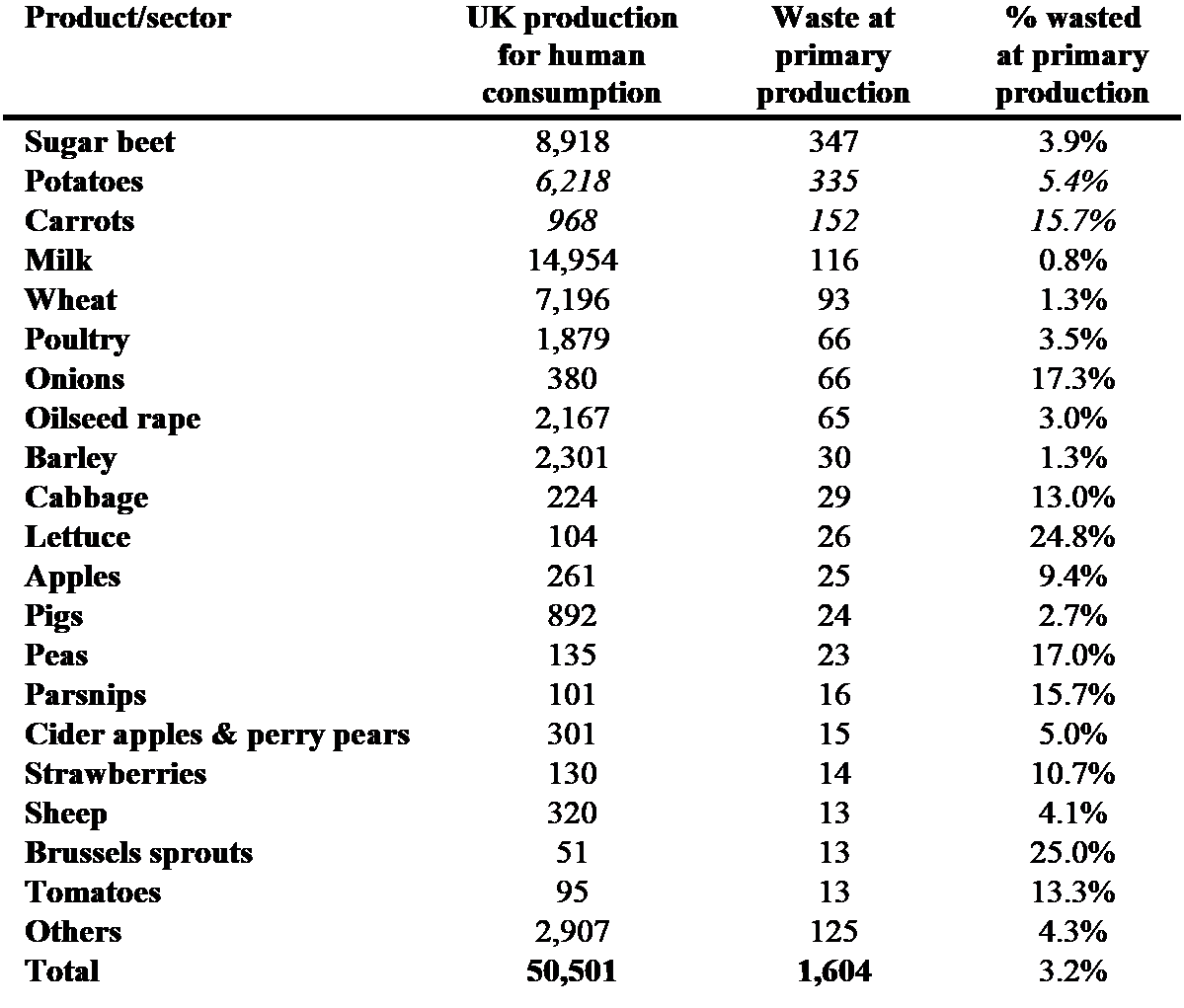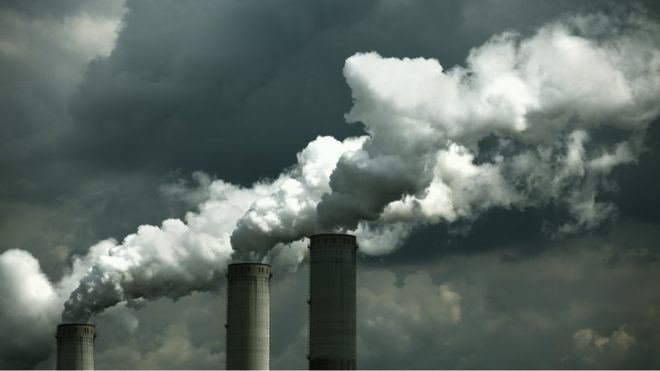On 8th August, the UN-affiliated Intergovernmental Panel on Climate Change (IPCC) released its report on how land usage contributes to, and is affected by, climate change. Its findings suggest that climate change is intensified by emissions from cattle and intensive farming practices, thus placing further scrutiny on meat and dairy products.
The study considers issues such as greenhouse gas fluxes related to land; interactions between climate change and desertification, land degradation and food security; land-related impacts and risks; response options that could help to adapt to climate change as well as response options that reduce land-related emissions or enhance carbon uptake by land systems.
Whilst the report stopped short of explicitly calling on people to become vegetarian or vegan, it suggests that by reducing meat and dairy consumption and switching to plant-based alternatives, people could be fed using less land, particularly in Western economies. It suggests that if farmland was diverted away from meat production and used for growing more forestry and biomass, it could help to create more carbon sinks to help to improve and regenerate soils. As with previous studies, emissions associated with methane were found to be most problematic as they are substantially more potent than CO2. That said, it must be acknowledged that unlike carbon dioxide, methane dissipates in the atmosphere after approximately 12 years, whereas CO2 can remain in the atmosphere almost infinitely, if it is not sequestered or otherwise extracted. That should not be taken as an excuse for inaction, because undoubtedly emissions pose a significant challenge for the livestock industry and it needs to be addressed head on.
Food waste is also highlighted as a major issue with approximately one-third of food that is produced being lost or wasted, and from field to fork, it accounts for 8-10% of total global emissions. This is substantial given that the IPCC estimates that emissions from land use encompassing forestry and agriculture equates to 23% of human greenhouse gas emissions. In July, WRAP reported that in the UK, approximately 1.6 million tonnes of food from primary production is wasted annually, equating to just over 3% of food harvested. Further estimates from the WRAP report are provided in the table below and the results highlight that there is significant scope for improvement in managing waste at the farm-level.
Top-20 Food Waste Sectors from Primary Production by Volume (2017) (‘000 tonnes)
 Source: WRAP (2019)
Source: WRAP (2019)
As the report was at a global level, it also covered numerous issues associated with combating soil erosion through greater use of sustainable management practices (e.g. more tree-planting, better management of peat resources so to help to sequester more carbon dioxide etc.). Issues around food security are also highlighted with respect to availability (yield and production), access (prices and ability to obtain food), utilisation (nutrition and cooking), and stability (disruptions to availability).
Overall, the report highlights the scale of the challenge that we face in addressing climate change. As with reports of this nature, global averages tend to hide a great deal of nuance. For instance, and particularly in large swathes of the British and Irish Isles, there are limited alternatives to livestock production whilst the proliferation of forestry can lead to problems with rural isolation if it is not managed properly. Indeed, the climate on these islands is one of the most conducive to grass-fed livestock production and improving its productivity (e.g. grass utilisation efficiency, better genetics) can also contribute to better environmental outcomes. Achieving net zero emissions requires a balanced approach, and undoubtedly everyone has a role to play.
A summary version of the report is available via;
https://www.ipcc.ch/site/assets/uploads/2019/08/4.-SPM_Approved_Microsite_FINAL.pdf
Additional information can also be obtained on; https://www.ipcc.ch/2019/08/08/land-is-a-critical-resource_srccl/
Further information on the WRAP report cited above is available at;
http://www.wrap.org.uk/sites/files/wrap/Food_waste_in_primary_production_in_the_UK_0.pdf
